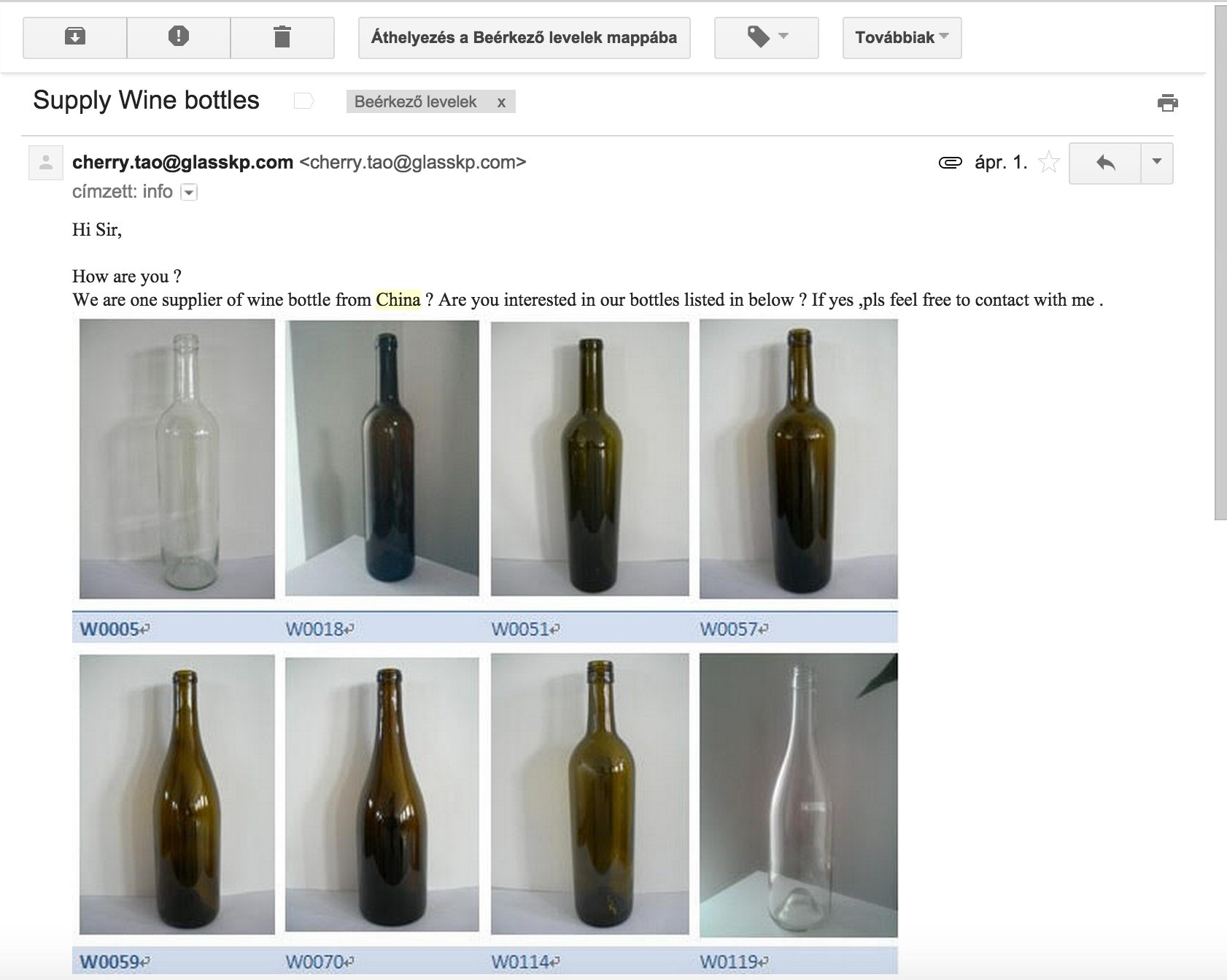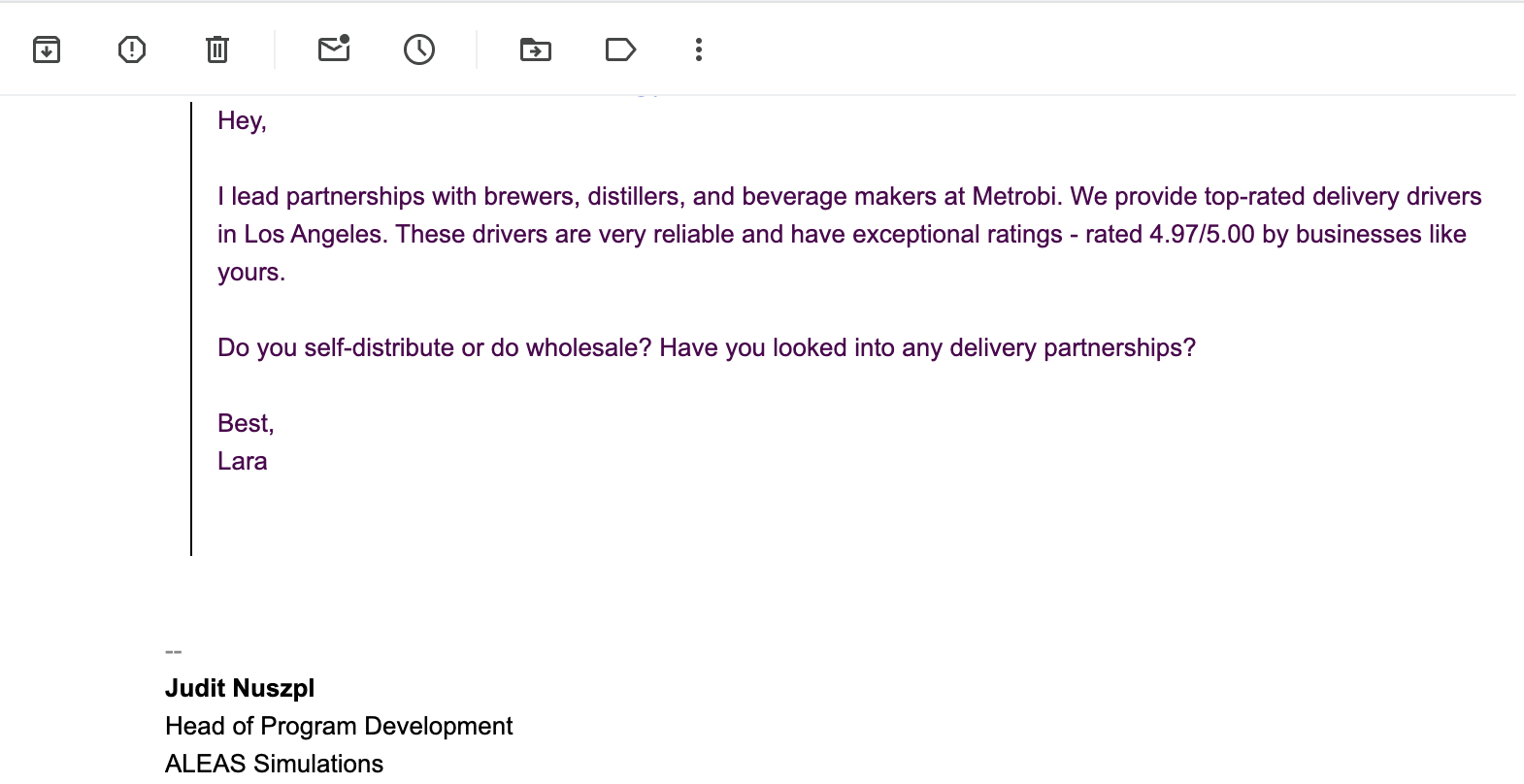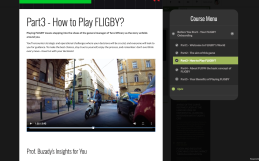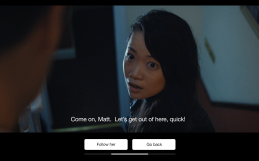Does Joe Salieri Exist? – The Power of Storytelling in Learning
Experiential Learning Through Immersion
Creating an engaging and effective learning process requires more than just presenting facts or theories—it demands an immersive narrative that captivates learners and places them in a context where they can actively engage with the material. FLIGBY, with its Turul Winery simulation, exemplifies how a well-crafted narrative can transform learning into an experiential journey, fostering deeper understanding and skill development.
Humans are naturally drawn to stories. Narratives provide a structure that helps learners connect with the material on a personal level, making it easier to retain and apply the information in real-world scenarios. In FLIGBY, the story of managing the fictional Turul Winery serves as the foundation for its immersive learning environment. This narrative approach offers several key psychological and educational advantages:
- Engagement Through Context – A good story provides a beginning, middle, and end, creating a sense of progression and purpose. In FLIGBY, players are immersed in the challenges of running a Californian winery, navigating interpersonal, organizational, and business complexities. This context keeps learners engaged by presenting them with relatable dilemmas and decisions that mimic real-world leadership challenges.
- Guidance Through Narrative – The storyline in FLIGBY serves as a guide, providing players with hints on what to do next. This “branching narrative” structure allows learners to make decisions that influence the outcome of the story, giving them control over how the plot unfolds. This interactive element not only sustains attention but also reinforces the learning process by allowing players to experiment with different strategies and observe their consequences.
- Emotional Connection and Retention – Stories evoke emotions, which play a crucial role in memory retention. By placing learners in the role of a winery manager, FLIGBY creates a sense of responsibility and emotional investment in the outcomes of their decisions. This emotional connection makes the lessons learned more impactful and memorable.
- Excitement and Focus – The uncertainty and tension inherent in a good story keep players excited and focused. In FLIGBY, the challenges of managing the Turul Winery—such as resolving conflicts, fostering teamwork, and achieving business goals—create a dynamic learning environment where players are motivated to find solutions and achieve success.
Why the Turul Winery is the Perfect Setting
- Abstract Yet Relatable – A winery is a setting that most people are familiar with, yet it is abstract enough to avoid the distractions of everyday office environments. This abstraction allows learners to focus on the core leadership and organizational challenges presented in the simulation, rather than getting bogged down by irrelevant details.
- Realistic Organizational Dynamics – While the setting is a winery, the challenges and dilemmas presented in FLIGBY are inspired by real-world organizational conflicts. The simulation focuses on leadership, teamwork, and decision-making, making it relevant to a wide range of industries and professions.
- Sustainability and Leadership – The winery setting also ties into broader themes of sustainability and responsible leadership. Players learn to balance economic, social, and environmental considerations, reflecting the principles of “Good Business” as outlined by Prof. Mihaly Csikszentmihalyi. This adds depth to the narrative and reinforces the importance of ethical decision-making.
The Eternal Question: Do FLIGBY’s Characters Exist in Real Life?
One of the most remarkable aspects of FLIGBY is its realistic portrayal of workplace dynamics, which is essential for creating an immersive learning experience. The simulation’s ability to mimic real-life scenarios so convincingly often leads players to question whether the characters and situations in the game are based on real people and events. This realism is not just a design choice—it’s a deliberate strategy to enhance engagement and learning outcomes.
Joe, to whom people want to sell something
A common piece of feedback from FLIGBY players is that the characters feel so authentic that they are not just part of a game, but real individuals. For instance, many players have commented that certain characters in the game remind them of colleagues or managers they know in real life. The question is valid, as we receive feedback over time that ‘the guy in the next office to mine is absolutely the same as that fellow in the game’. This authenticity reassures players that they are engaging with characters that feel real.
One particularly intriguing example is Joe Salieri, the Events and PR Manager of Turul Winery. Joe’s personality and behavior are so relatable that some service providers genuinely believe he exists. In fact, Joe has received invitations to real-life marketing and sales events, as well as complimentary copies of the monthly magazine Convene. This anecdote underscores the profound impact of FLIGBY’s characters on players, blurring the line between fiction and reality.
A winery that could do better
Another compelling example of FLIGBY’s realistic setup is the Turul Winery itself. Since the launch of the FLIGBY simulation in 2012, particularly with the introduction of its dedicated website, turulwinery.com, the winery has garnered significant attention from various service providers. This interest underscores the authenticity and credibility of the simulation, enhancing the immersive experience for players.
The realism of the Turul Winery is not just a backdrop for the simulation; it has become a focal point for real-world business interactions. Here are two notable examples that illustrate this phenomenon:
- Chinese Bottle Producer – One intriguing development was a proposal from a Chinese bottle producer, offering to supply high-quality bottles exclusively for Turul Winery. This offer, which underscores the resonance of the winery’s portrayal in the simulation with real-world suppliers, suggests that the quality and branding of Turul Winery are not only perceived as legitimate and marketable but also strategically advantageous.

- Logistics Agency for Delivery – Another noteworthy development was a proposal from a logistics agency to manage seamless delivery from the winery to its wholesalers. This offer, which mirrors the operational challenges simulated in FLIGBY, not only validates the game’s realism but also reinforces our trust in its alignment with real business scenarios.

Why This Realism Matters
The engagement from real-world service providers is a testament to the immersive quality of FLIGBY. Here’s why this realism is crucial for the simulation:
- Authenticity Enhances Learning – The fact that the winery is taken seriously by real businesses reinforces the idea that the challenges players face in the simulation are relevant and applicable to real-life situations. This representation enhances the learning experience, making it more impactful.
- Building a Credible Brand – The ongoing interest from service providers helps our content development team to fine-tune Turul Winery as a credible brand within the simulation. This credibility not only enriches the narrative but also encourages players to invest emotionally in their roles as managers, knowing they are part of a realistic business environment.
- Encouraging Networking and Collaboration – FLIGBY serves as a secure Platform for players to practice real-world interactions. The encouragement from real businesses not only inspires players to think about networking and collaboration but also instills a sense of confidence in their ability to engage with suppliers and logistics partners in their future careers.





